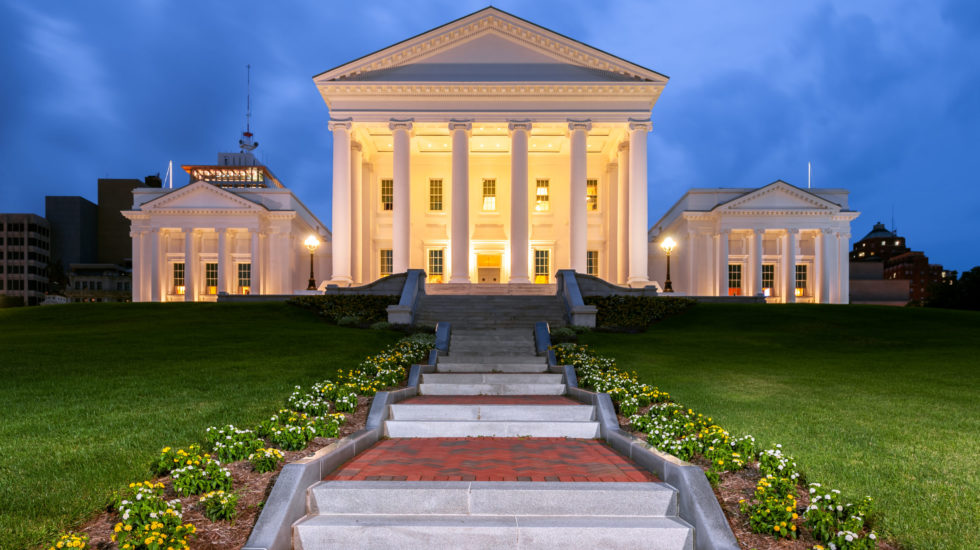Nearly five decades after it was first passed by Congress, Virginia made history today by becoming the 38th state to pass the Equal Rights Amendment. But many legal hurdles remain before the ERA would become the 28th amendment to the Constitution.
The Equal Rights Amendment guarantees that “equality of rights under the law shall not be denied or abridged by the United States or by any state on account of sex.” Supporters packed the galleries of the state house, many of them wearing sashes and pins reading “equal rights for women,” eager to witness this ground-breaking moment.
Under the U.S. Constitution, new amendments can only become law if at least 38 state legislatures approve them. Virginia is now the 38th state in the union to pass the ERA, after Illinois and Nevada.
From NPR:
The ratification vote came early in Virginia’s legislative session, after voters put a record number of women in office in November. The state House now has the first female speaker in its history; women also serve as president pro tempore of the Senate and in other high-profile posts.
Congress passed the statute in 1972 and said that 38 states had to ratify it by 1982. When that deadline arrived, only 35 states had approved it.
From The New York Times:
This month, the Justice Department released an opinion concluding that Virginia’s efforts to ratify the E.R.A. had come too late, given the 1982 deadline, and that the entire legislative approval process must be restarted for a proposed amendment to be legally binding. That conclusion however, is only advisory, and the matter is expected to ultimately be decided by federal courts.
However, constitutional amendments don’t normally have expiration dates. the 27th amendment, for example, was ratified in 1992, 203 years after Congress passed it.
The Equal Rights Amendment does have its opponents. The Hill reports that some Republicans in the Virginia legislature came out against ratification. They fear that the amendment could be used to expand abortion access. “The ERA does nothing for true equality of women but uses women as a political pawn to push the liberal agenda,” declared Republican state senator Amanda Chase. She then added that the resolution would “be used to overturn all restrictions on abortions.”
There’s no mention of abortion in the text of the amendment.



